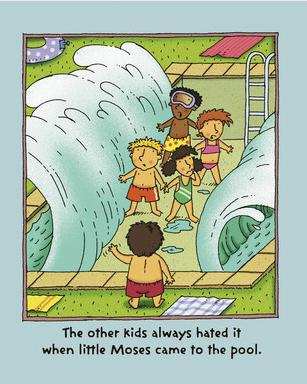It does depend on your definition, and yes, it is harder to define rape in cultures where the concept of consent does not exist. But I have to disagree that rape is not an accurate description. I and many women I know would describe sex imposed on a girl or woman who did not want it and did not consent as rape. Date rape is rape. Statutory rape is rape. Incest is rape. Forcing a bride to have sex is rape. A slave owner visiting the slave quarters at night is rape. Whether or not the woman outwardly protests or has to be held down is irrelevant.
I realize that in many cultures certain forms of coerced sex are normalized and men are not (and maybe should not be) held morally accountable for them. In other words, just as there are cultures where good men have multiple wives, there are cultures where good men rape women. Where I live and work, girls as young as twelve are traditionally sold into marriage by their fathers. I have never met a girl in this situation who has willingly entered this arrangement. Sex is forced, and it is just as traumatic and painful for them as it would have been if they were not married. It’s rape. Do some such marriages result in couples who grow to love each other and build fulfilling lives with each other? Yes. But let’s not sugarcoat the trauma or pretend it doesn’t happen.
Anyone who reads the Bible passages on this thread and isn’t disturbed by them is not reading them very carefully. It should be very disturbing that God commands people to take virgins as plunder and commands men to marry the women they rape. It should be extra disturbing to people trying to maintain a doctrine of inerrancy that sees those words as 100% truthfully representing a command from a loving God.


